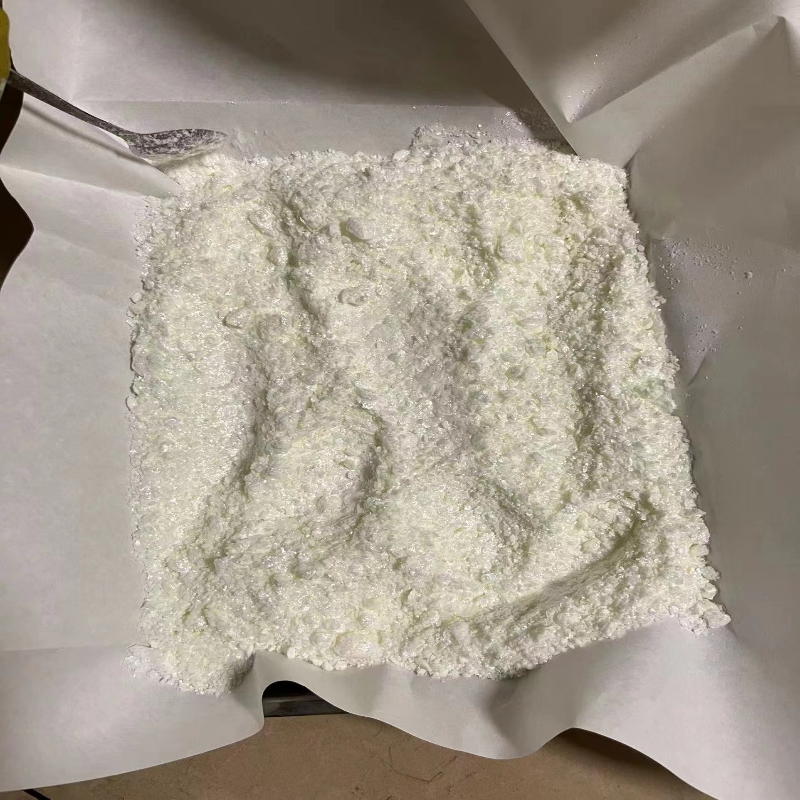-
Categories
-
Pharmaceutical Intermediates
-
Active Pharmaceutical Ingredients
-
Food Additives
- Industrial Coatings
- Agrochemicals
- Dyes and Pigments
- Surfactant
- Flavors and Fragrances
- Chemical Reagents
- Catalyst and Auxiliary
- Natural Products
- Inorganic Chemistry
-
Organic Chemistry
-
Biochemical Engineering
- Analytical Chemistry
-
Cosmetic Ingredient
- Water Treatment Chemical
-
Pharmaceutical Intermediates
Promotion
ECHEMI Mall
Wholesale
Weekly Price
Exhibition
News
-
Trade Service
A new 3D printing technique can print drugs in just seven seconds, enabling rapid on-site production of drugs, reports a UCL-led research team
.
The findings, published in the journal Additive Manufacturing, will help 3D printers adapt to fast-paced clinical environments to produce personalized medicines on demand
.
In the current study, the researchers added paracetamol, one of many drugs that can be produced with a 3D printer, to the printed form
.
One of the leading technologies in 3D printing is vat photopolymerization, which provides the highest complexity resolution at the microscale and is also suitable for many drugs as high heat is not required
.
A new 3D printing technique can print medicines in seven seconds
3D printing technology uses a resin formulation, dissolving the desired drug in a solution of photoactive chemicals, and through light activation, the resin is cured into a printed tablet
.
However, the reduction polymerization is hindered by the slow printing speed due to the layer-by-layer polymerization method
.
So scientists have developed a new reductive polymerization technique that can print entire objects in one go, reducing the printing speed from minutes to 7 to 17 seconds (depending on the resin composition chosen)
.
This is achieved by shining multiple images of an object viewed from different angles onto the resin, with the amount of light gradually building up until it reaches a point where polymerization occurs
.
By adjusting different angles and overlapping light intensities, all points of the 3D object in the resin can reach this threshold at the same time, allowing the entire 3D object to cure at the same time
.
The study, currently led by Professor Abdul Bassit from the UCL School of Pharmacy, also involved researchers from the University of San Diego and the UCL derivative FabRx, which was created by three members of the UCL research team
.
Basit Labs has previously developed 3D-printed polymeric tablets to help people who need to take multiple medications every day, as well as Braille-patterned tablets to help people with vision impairment
.
"Personalized 3D-printed medicines are rapidly advancing and entering the clinic
.
To accommodate the fast-paced Clinical setting
.
We have developed a 3D printer that can produce tablets in seconds
.
This technology could be a game changer in the pharmaceutical industry
.
”







